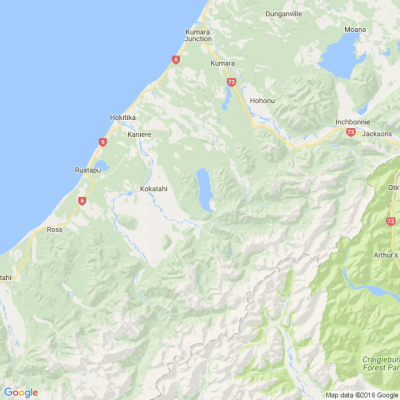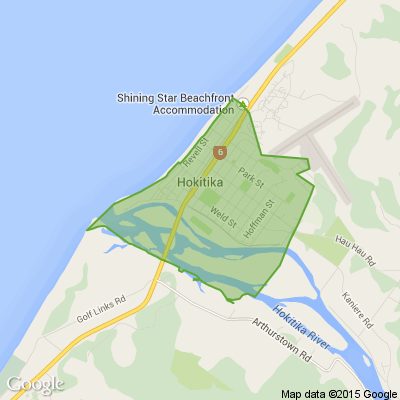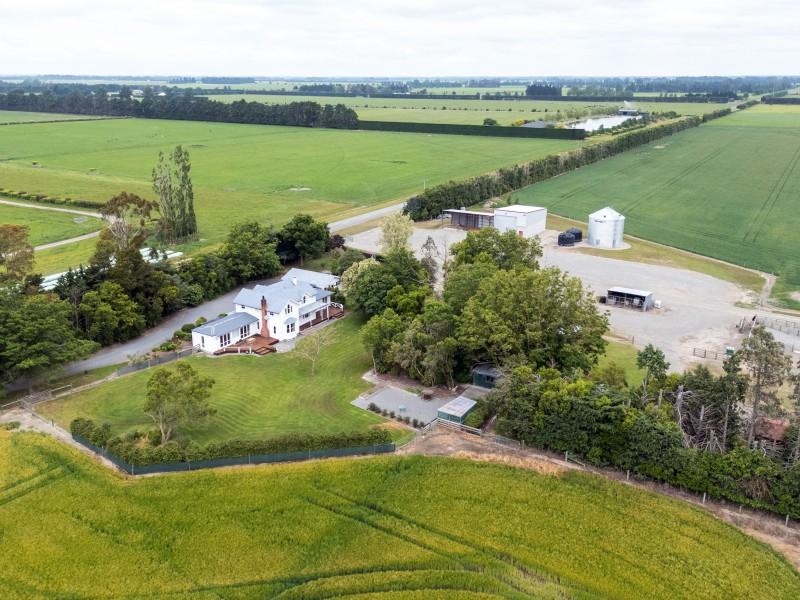No toxic algal blooms detected yet despite warmer West Coast sea
By local democracy reporter Brendon McMahon
No toxic algal blooms have been detected in shellfish off the West Coast this summer, despite the warmer ocean temperatures caused by the marine heatwave.
Long stretches of the northern West Coast shoreline were closed to shellfish gathering for much of the first half of the 2000s due to periodic algal blooms.
MetService has said surface temperatures may reach 6C higher
than normal off the West Coast this
week.
However, algal blooms have not been detected off the West Coast for about five years.
Staff at both the West Coast Regional Council and West Coast Community and Public Health said regular testing was now being conducted via MPI.
"There's no issue at this stage but they are investigating," West Coast Regional Council science team leader Jonny Horrix said.
"I guess the assumption is no news is good news."
They would act on any adverse test results showing danger to human health from consuming affected shellfish.
New Zealand Food Safety deputy director-general Vincent Arbuckle said they currently had two regular shellfish sampling sites on the West Coast — both linked to popular gathering spots.
This was where mussels were collected and tested for toxins resulting from algal blooms.
"Cape Foulwind and Twelve Mile Beach have been in operation for some time and were chosen due to their location and popularity for shellfish gathering along this stretch of coast," he said.
Testing is done fortnightly all year round and the mussels are analysed for diarrhetic shellfish toxins and paralytic shellfish toxins.
"There have been no elevated test results recently."
Arbuckle said should toxins be detected above the regulatory limit, NZ Food Safety would issue a public health warning, advising against the gathering of shellfish in the relevant area.
"Warning signs will also be erected along the affected coastline."
* Public interest journalism funded through NZ On Air
We're talking new year resolutions...
Tidying the house before going to bed each night, meditating upon waking or taking the stairs at work.
What’s something quick, or easy, that you started doing that made a major positive change in your life?

What word sums up 2024, neighbours?
If 2020 was the year of lockdowns, banana bread, and WFH (work from home)....
In one word, how would you define 2024?
We're excited to see what you come up with!








 Loading…
Loading…


















